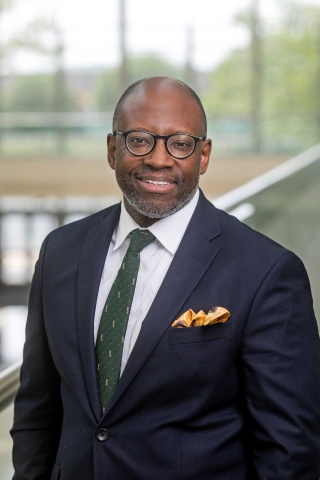The Civil Rights Project at Harvard University just released a report noting that government-sponsored desegregation programs are failing. The authors note that many of America’s largest metropolitan districts have “resegregated.” Are we supposed to be surprised?
Unfortunately the authors also intimate that a possible (and probable) reason for this is the dismantling of several desegregation plans in school districts across America. That is, schools are resegregating, because government is not using its power to achieve racial integration. This raises important concerns.
First, Brown vs. the Board of Education prohibited districts from using race to prevent children from attending schools in their own district. Remember Linda Brown was denied admittance to a school in her district because of race.
No ethnic minorities today are denied admission to schools in their districts because of race. The law was a success. What the Harvard study suggests is that it is wrong for schools to reflect the racial demography of their respective communities.
Public schools are segregated in fact because Americans, by and large, choose freely to live in segregated communities – not because they have to but because they want to. For example, middle- and upper-class African Americans, because of choice, not housing discrimination, dominate the Cascade section of southwest Atlanta. The number of whites in a given school declines, because white families move to other areas.
The study does note in one phrase that community public schools “reflect the segregation that exists in housing throughout metropolitan areas.” Since this is true why, then, did this not govern the analysis of the data? Community schools will be integrated when our communities are integrated.
Second, why do community schools have to be integrated? The study notes that interracial exposure has positive implications for white socialization and minority academic performance. There is, unfortunately, no data to support this claim.
Do African Americans and Latinos need to be around white students in order to learn and perform well? African American and Latino teachers, administrators, and parents should be insulted at the idea that minority students need “exposure” to white kids and teachers in order to increase academic performance. As an African American, my parents had far more to do with my academic performance than my “exposure” to white kids.
Many brilliant African Americans and Latinos have been educated in racially isolated environments without negative academic consequences. In the past, barriers occurred when discrimination on the basis of race prevented educated minorities from making use of their education.
Are white kids somehow better socialized just because they have been exposed to African Americans and Latinos occupying the same space in a building? Again, there is no evidence at all to support the idea that “exposure” results in better socialization and changing of attitudes. Most of us get “exposed” to healthy food once a week in the grocery store, but it does not change what we eat.
Third, discrimination, not segregation, is the evil in this equation. Treating people on the basis of race is unconstitutional. In Lynn, Massachusetts, there is a court case pending because a white girl was not allowed to attend a public school because of racial imbalance. That is, the school had too many white kids already. Could you imagine if she were Latino and she were told that she could not attend because the Latino quota was already reached?
If community public schools are open to admitting all students who live in the community, then there is no need to force integration by race or class. If there is no discrimination, nothing illegal occurring, then there is no need for government intervention.
It is not the responsibility of the government to determine where people should have lived by race, nor is it the government’s responsibility to determine where people should go to school by race. It is not the responsibility of the government to force people to integrate their social lives either.
If minority parents want their kids to be in a better school there are two options: 1) they can move to a good school district; or 2) they can demand quality from their kid’s school. Moving really is a possibility. For those who do not want to move, their responsibility as a taxpayer and parent is to demand excellence in their community’s schools.
Fourth, another problem with the study is that it is overly simplistic and reductionistic. Americans are no longer divided simply by race. African American, Latino, and Asian college graduates do not always live in their respective ethnic communities. The study has confused a racial phenomenon with one associated essentially with class. Most communities in America are divided by income level and many other factors.
Racial desegregation plans are one-dimensional, unnecessary, and doomed to failure. State-run desegregation plans will not achieve social integration. Since the study only looks at race it is only stating one variable in a complex equation. As such, what can be gleaned is that fact that ethnic minorities live near each other, but we already knew that.
What the Harvard study fails to understand is that true social integration in our communities will only occur when the human person is understood as an image bearer of God. The image of God transcends race and class. So, if I see my neighbor first as an image bearer of God I am more likely to treat that person with dignity and respect.
Our communities and, by extension, our public schools are segregated because we assign value to the human person based on superficial features such as race and class. What many of us have done is distort the image of God into the image of “us.” This results in limiting our relationships and community preference to people like “us.” So we live, worship, play, and so on with people who look and think like “us.” Until this perspective changes efforts at integration will be simply cosmetic and unfortunately, as the study demonstrates, temporary.











